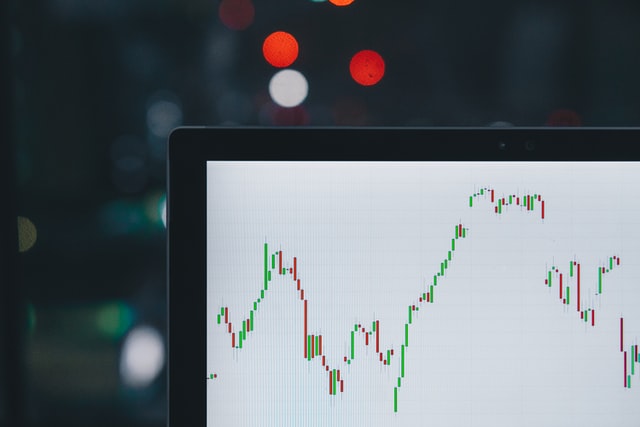The global bunker fuel market faced tough market conditions in 2020 due to the impact and changes caused by IMO 2020 and the COVID-19 pandemic. The expectation going into 2020 was that the specification changes that limited the allowable sulfur content from 3.5% to 0.5% by weight, would pressure refineries, push up fuel costs, and result in an under-supply of compliant fuel and the lack of availability. In the wake of COVID-19 these concerns were erased as a global reduction in shipping activity and trade led to fuel prices plummeting and the destruction of bunker fuel demand.
Demand fell an average of 6% at 13 of 16 major ports. The price of VLSFO (Very Low Sulfur Fuel Oil) declined by 35% in contrast to prior year predictions. Statistics showed that VLSFO hit an unprecedented low price in Rotterdam of $149.50 per mt on 28 April 2020. The price spread between HSFO (High Sulfur Fuel Oil, 380 CST) and VLSFO started out at an average of $298.90/mt during the initial transition to low sulfur fuels in late 2019 but has since contracted to a spread of only $62.73/mt by August of 2020.
Key takeaways
- Demand resilience in certain ports attributed to diverse product offerings
- Shipping segments saw wide variations in performance, with some segments hit much harder than others
- Narrow price spread has eased transition of the fuel specification change, increasing VLSFO yields
- Low VLSFO prices slowed scrubber installations
- An oversupply of fuel oil has increased fuel storage stocks and storage duration times
- IMO Regulations have resulted in refineries producing blends of VLSFO that cannot be stored as long as HSFO
- Demand reduction raises many concerns about fuel quality
- Sediment related fuel quality issues, especially in VLSFOs, have affected many ports and have led to increases in off-specification claims
The road ahead
For the near future, the sentiment is that the market will continue to be impacted by COVID-19 and IMO regulation changes because IMO 2020 was not fully enforced due to COVID, and impacts on regulator to shipowner interactions and the potential penalties were extremely limited. Analysts such as Peter Sand, Chief Shipping Analyst at BIMCO, are unsure about the recovery rate of bunker demand stating that “coronavirus-related uncertainties will hover over oil demand recovery in 2021”. Simon Neo, director at SDE International specifies that compatibility and stability will be recurring issues “as the present ISO 8217 did not specify or put a standard to it”, adding that this would be especially pertinent to stability issues. He advises that shipowners should maintain best practices for oil and avoid the storage of oil long term in the bunker tanks, as well as ensure that regular tests for stability and homogeneity are performed. The industry should expect increased regulatory activity in 2H2021 as the market resumes to normal expected levels.
How FuelTrust can help
FuelTrust leverages its technology platform to authenticate relationships across the fuel lifecycle, digitally verify data from shared sources, validate compliance, and identify potential fraud.
Backed by the power of Artificial Intelligence and Blockchain, the FuelTrust platform provides reliable origination, protected traceability, and responsible transparency, a full DNA of the data, and connected and meaningful insights.
With deep insight into when, where and from whom fuel is supplied, out solution allows you to alleviate the financial impact of bad fuel, mitigate regulatory risk, and empower greener fleets.
For a more in-depth analysis please request the whitepaper: Lower Global Bunker Demand in 2020 Results in Compatibility and Stability Cautions for 2021

